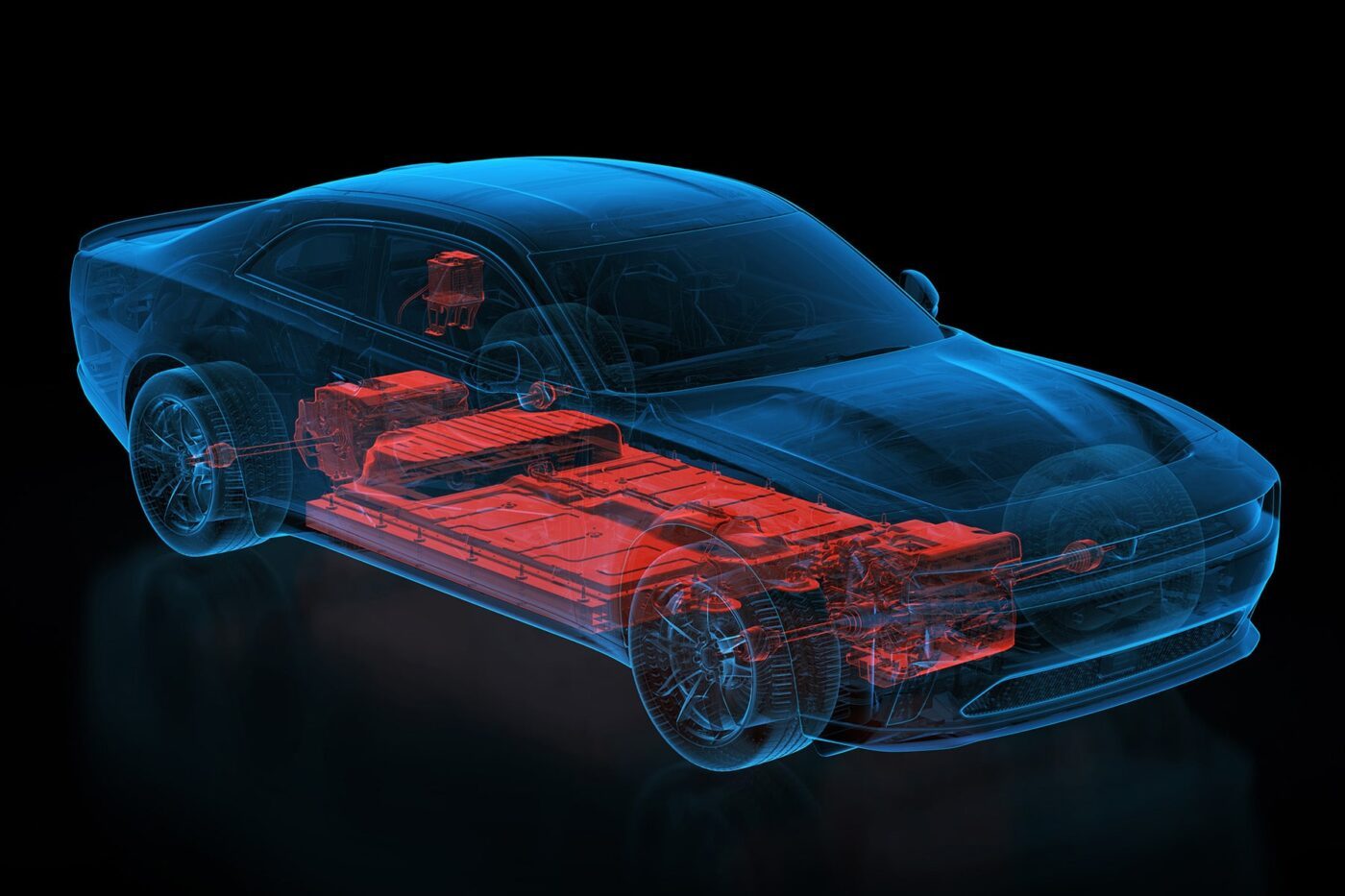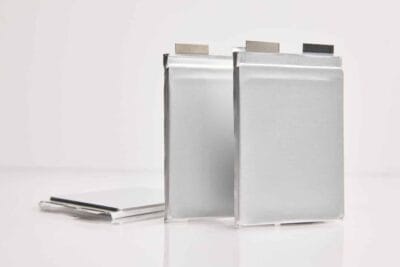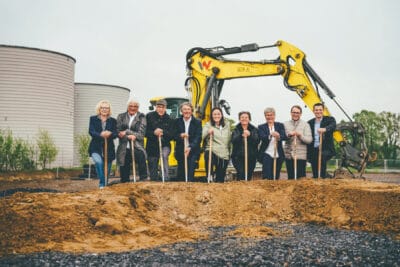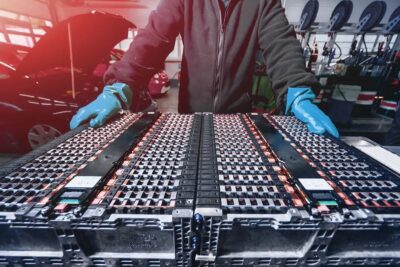Stellantis validates solid-state batteries from Factorial
The technology validation builds on Stellantis’ $75 million investment in Factorial in 2021. Mercedes-Benz also joined Factorial at the time and began testing the technology in a modified EQS in February 2025.
Last autumn, Stellantis and Factorial announced plans to launch a demonstration fleet of the Dodge Charger Daytona equipped with solid-state batteries in 2026. It is precisely for this purpose that Factorial’s solid-state battery cells have now been validated.
The cells are based on Factorial’s proprietary FEST platform (Factorial Electrolyte System Technology). Compared to conventional lithium-ion batteries, solid-state cells are expected to offer higher energy density and faster charging – making them one of the industry’s most promising innovations.
The validated FEST cells from Factorial, rated at 77 ampere-hours (Ah), demonstrated an energy density of 375 Wh/kg with over 600 cycles. According to the partners, the cells allow for significantly faster charging: a state-of-charge increase from 15 per cent to over 90 per cent can be achieved within just 18 minutes.
“Reaching this level of performance reflects the strengths of our collaboration with Factorial,” said Ned Curic, Stellantis Chief Engineering and Technology Officer. “This breakthrough puts us at the forefront of the solid-state revolution, but we are not stopping there. We continue working together to push the boundaries and deliver even more advanced solutions, bringing us closer to lighter, more efficient batteries that reduce costs for our customers.”
Stellantis and Factorial have worked jointly on the battery design and improved the battery pack architecture to reduce weight and optimise overall system efficiency for seamless integration. These weight savings in turn translate into increased vehicle range.
“Battery development is about compromise. While optimizing one feature is simple, balancing high energy density, cycle life, fast charging, and safety in an automotive-sized battery with OEM validation is a breakthrough,” said Siyu Huang, CEO of Factorial Energy. “This achievement with Stellantis is bringing next-generation battery technology from research to reality.”
The race for battery cell innovation continues to accelerate – and the big question is whether Factorial will bring its FEST cells to market ahead of its competitors. Alongside numerous startups and research institutions, battery giants such as CATL and BYD are also working on solid-state cells.
At the same time, conventional lithium-ion batteries are becoming increasingly capable. This week, CATL unveiled the latest generation of its Shenxing LFP battery, which can deliver 520 kilometres of range with just five minutes of charging – although that requires new megawatt-scale chargers.





0 Comments